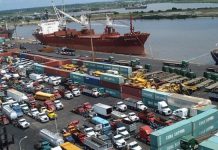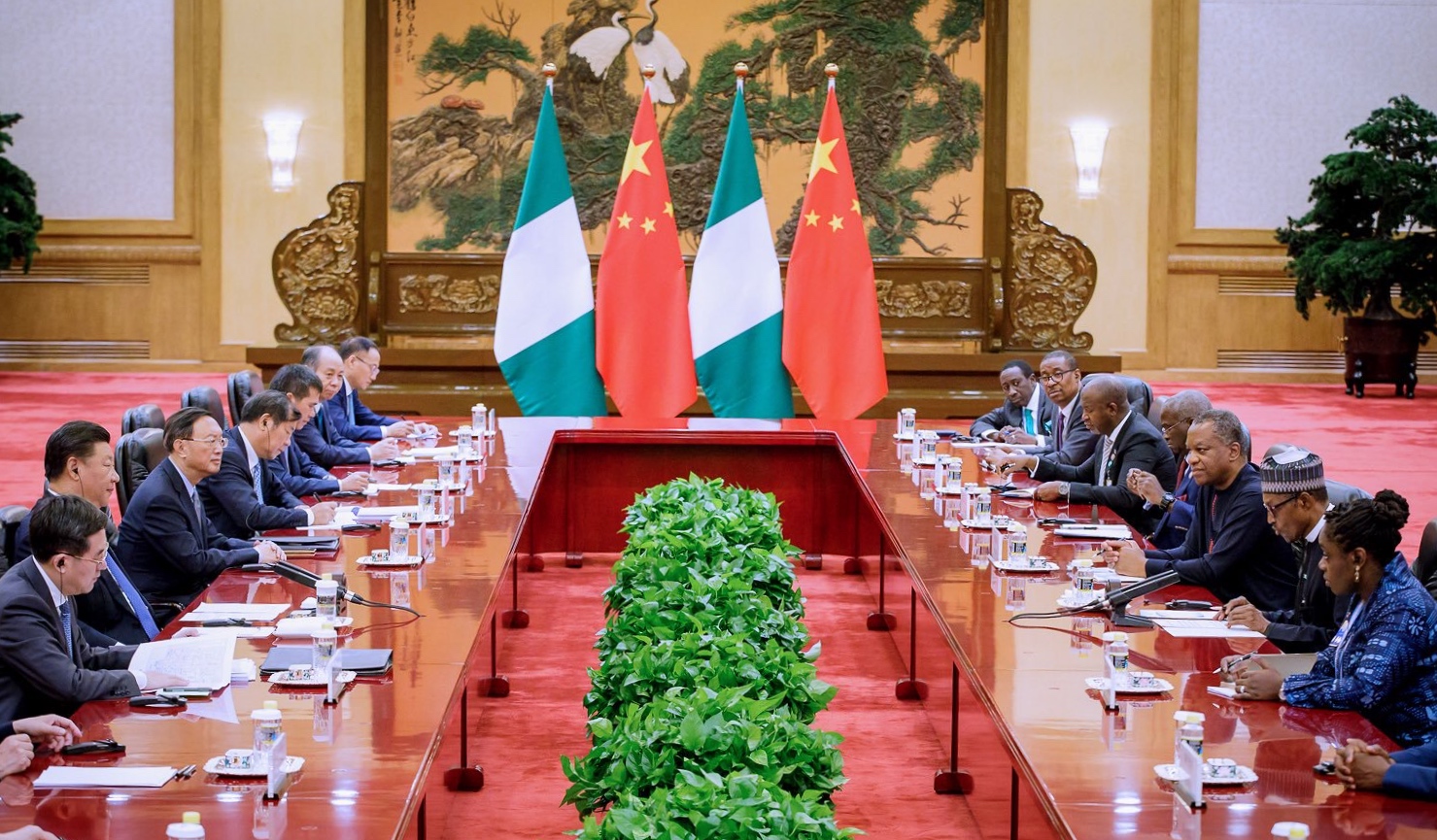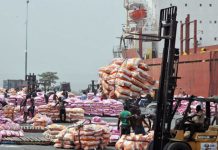There are indications that the $250 million {N262.5billion) ship supply deal between Nigerian ship owners and some Greek shipyards may have hit a setback, following the failure of the indigenous shipping firms to secure jobs under the Coastal and Inland Shipping Cabotage regime.
Some members of Nigeria Shipowners Association NISA, had in 2015, signed a Memorandum of Understanding MoU with some Greek ship owners involving the supply of about 40 ships of various tonnages, which would be deployed into Nigeria’s Cabotage trade on a bareboat charter arrangement.
Under the contract, which is response to the allegation by some International Oil Companies IOCs that Nigerian ship owners’ vessels are classless, was also part of the measures boost indigenous fleet expansion and enhance their participation in the coastal trade, the 40 ships would be transferred to Nigerians after two years. President of NISA,
Captain Niyi Labinjo, who spoke in an exclusive interview, raised concerns that the MOU has been threatened by the worsening state of lack of jobs for the indigenous ship owners.
According to him, many of the prospective beneficiaries of the Greece-Nigeria ship supply deal, have developed cold feet because of the prevailing situation in the industry whereby Nigerian ship owners are scheme out of jobs by their foreign counterparts more than 10 years after the Cabotage regime came on stream.
He argued that it does not make any business sense to bring in 40 ships that would be tied down because there are no jobs to engage them, with the attendant high overhead cost of running them.
“If you offer me one million ships I will not accept them because there are no jobs to engage them gainfully and so you would still run hug over-head cost, which does not make any business sense”, he stated.
He also said: “Many of our members are in huge debts to the banks arising from this high overhead cost on ships that are tied to the anchor because there are no jobs to engage them and so many of our people are not willing to take such risks again, especially in the face of the current economic meltdown.”













